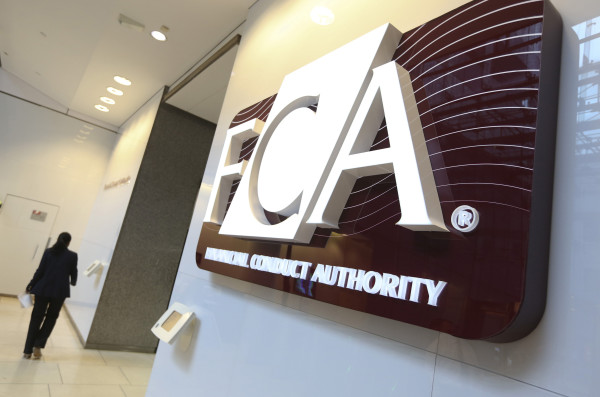This relates to all areas of the business whether customer-facing or in dealing with product providers among other areas. On the customer-facing side, this encompasses (among other items):
- financial promotions made about the service (through whatever medium is used including social media)
- drafting and disclosing the adviser charging structure correctly
- the KYC/AML process and onboarding a customer
- the client agreement with the customer and terms and conditions governing the relationship and service
- the attitude to risk and financial objectives documentation
- obtaining sufficient information from the customer
- selection of products that are advised on (if not independent)
- drafting and issuing the suitability report
- providing required product disclosure documentation
- executing the advice (where instructed) or passing orders to an executing broker
- overseeing customer service and customer reports
- complaints
- recordkeeping and
- handling personal data
There are likely to be multiple senior managers with touchpoints on each of these areas.
For example, with complaints, there could be: different senior managers responsible for the conduct of the call centre staff receiving complaints by phone and those received by email or mail; a senior manager responsible for setting the complaints handling policy and procedures; a senior manager responsible for ensuring the right staff are trained on the procedures; a senior manager responsible for the back office processing of the complaint whether it be for the technology/software that is used to log the complaint, the suite of template letters used to respond to a complainant, to deciding on the outcome of a complaint; and a senior manager responsible for dealing with complaints referred to the Fos and/or the FCA.
In addition, compliance, risk and audit will also interact with this business area.
Discharging the duty of responsibility
Senior managers within advisory firms will have a new statutory duty of responsibility in relation to all of their areas of accountability within the firm. This duty is discharged when senior managers are able to evidence to the FCA that they are taking reasonable steps in relation to each of their areas of accountability including when issues occur.
Although the current approved persons’ regime requires approved persons to take reasonable steps, the elevation to a statutory duty and the FCA’s focus on evidencing these steps will mean that senior managers are much more focused on how they will be able to evidence their reasonable steps framework in relation to their areas of responsibility.
A key concern for advisory firms in this regard is the reasonable steps framework that will be needed for the senior manager with overall responsibility for the suitability of advice that is given.
This is likely to see that senior manager more keenly focused on the governance arrangements over the suitability of the advice and the oversight that is exercised by the board and board committees.











